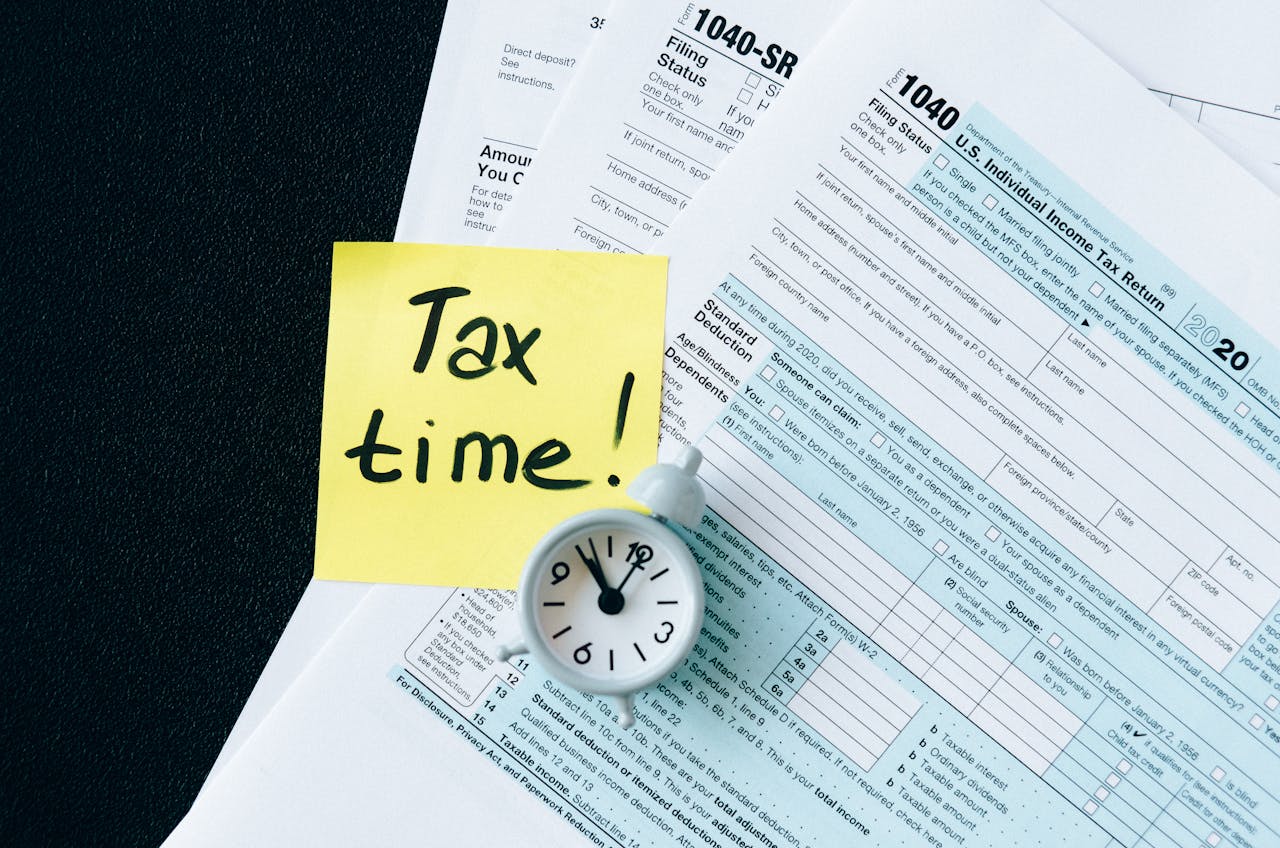
The Internal Revenue Service (IRS) has recently issued a draft version of Form 1099-DA, a crucial document designed to streamline the reporting of digital asset transactions. This early release provides insights into the expected regulatory changes and emphasizes the IRS’s commitment to adapting to the evolving landscape of cryptocurrency. Here’s a detailed look at what the draft release entails, its significance, and what you should keep in mind.
Understanding Form 1099-DA
Form 1099-DA, titled “Digital Asset Proceeds From Broker Transactions,” is set to become an essential form for brokers and taxpayers dealing with digital assets. The form is designed to facilitate the reporting of proceeds from transactions involving digital assets, such as cryptocurrencies and other blockchain-based holdings, to the IRS.
Key Features of the Draft Form 1099-DA
– Filer and Recipient Information: The form requires detailed information about both the filer (typically a broker or digital asset exchange) and the recipient of the digital assets. This includes names, addresses, and taxpayer identification numbers (TINs).
– Transaction Details: It captures specific details about the digital asset transactions, including the type of asset, number of units, dates of acquisition and sale or disposal, and the proceeds from the transactions.
– Broker Types: The form categorizes transaction types based on the nature of the digital asset service provider, such as Kiosk Operator, Digital Asset Payment Processor, Hosted Wallet Provider, and Unhosted Wallet Provider.
– Financial Information: This includes the reporting of the cost basis of the assets, proceeds received, any market discount accrued, and wash sales loss disallowed.
– Tax Withholding and Reporting: The form includes sections for reporting federal income tax withheld and whether the reported basis has been submitted to the IRS.
Importance of the Draft Release
The release of the draft Form 1099-DA signifies a crucial step toward regulatory clarity and compliance for digital asset transactions. It aims to simplify the tax reporting process for both taxpayers and tax professionals by providing a standardized form to report taxable events in the realm of digital currencies.
Implications for Taxpayers and Brokers
Taxpayers: For individuals and entities participating in digital asset transactions, understanding the new form is vital. It ensures compliance with U.S. tax laws and helps avoid potential penalties for non-compliance. Taxpayers will need to be more diligent in maintaining records of their digital asset transactions, as this information will be necessary for accurate form completion.
Brokers: Digital asset brokers and exchanges will need to adapt their systems to capture and report the required information accurately. This may require upgrades to existing software or changes in internal reporting processes to align with the new regulatory requirements.
Draft Status and Public Input
It’s important to note that the current version of Form 1099-DA is a draft, and it is not intended for filing. The IRS has released this draft to gather feedback from stakeholders in the digital asset community. Interested parties are encouraged to review the draft form and provide comments, particularly on any aspects that may need clarification or improvement.
Next Steps
The IRS has made the draft form available on its website and has provided a specific procedure for submitting comments. Feedback from the community will play a significant role in shaping the final version of the form. Taxpayers and brokers should continue to monitor updates from the IRS regarding the finalization and official release of Form 1099-DA.
Need Assistance?
Reporting crypto income doesn’t have to be stressful. With detailed records and accurate reporting, you can ensure compliance with IRS regulations and safeguard yourself from penalties. Need expert advice? Reach out to Anshul Goyal, our COO, at anshul@kkca.io for personalized assistance.
Conclusion
The draft release of Form 1099-DA marks a significant development in the taxation of digital assets. By familiarizing themselves with the form, taxpayers and brokers can prepare for the upcoming changes and ensure compliance with U.S. tax regulations. As the digital asset landscape continues to evolve, staying informed and proactive in understanding such regulatory changes is crucial for anyone involved in this space.
Disclaimer
This information is for general guidance only and should not be used as a substitute for professional advice. Consult a tax professional for specific recommendations related to your individual circumstances.
FAQs
1. What is the purpose of Form 1099-DA?
Form 1099-DA aims to provide a standardized method for reporting digital asset transactions to the IRS.
2. Who is considered a broker under Form 1099-DA guidelines?
Brokers include any entities that facilitate digital asset transactions, such as exchanges, payment processors, and wallet providers.
3. Are all digital asset transactions reportable under Form 1099-DA?
Not all transactions may need reporting. However, any transaction involving the sale or exchange of digital assets is likely reportable.
4. Do individuals also need to file Form 1099-DA directly?
Individuals do not file Form 1099-DA directly but should be aware of their transactions and report them accurately on their own tax forms.
5. How do I handle wash sale losses in Form 1099-DA?
Report any wash sale losses involving digital assets in the specified section of the form as outlined by IRS guidelines.
6. Is Form 1099-DA mandatory for all digital asset transactions?
It’s mandatory for transactions involving brokers or exchanges that meet IRS filing criteria for taxable events.
7. How should I determine my cost basis for Form 1099-DA reporting?
Your cost basis is the original purchase price of the asset, including transaction fees.
8. Will Form 1099-DA affect state tax reporting as well?
Yes, Form 1099-DA also has sections to report state tax withholding and identification numbers if required.
9. What happens if I find an error after submitting Form 1099-DA?
If an error is discovered, a corrected form should be filed with both the IRS and the recipient.
10. Can digital asset transactions lead to backup withholding on Form 1099-DA?
Yes, backup withholding may apply if the recipient doesn’t provide a valid taxpayer identification number (TIN).
